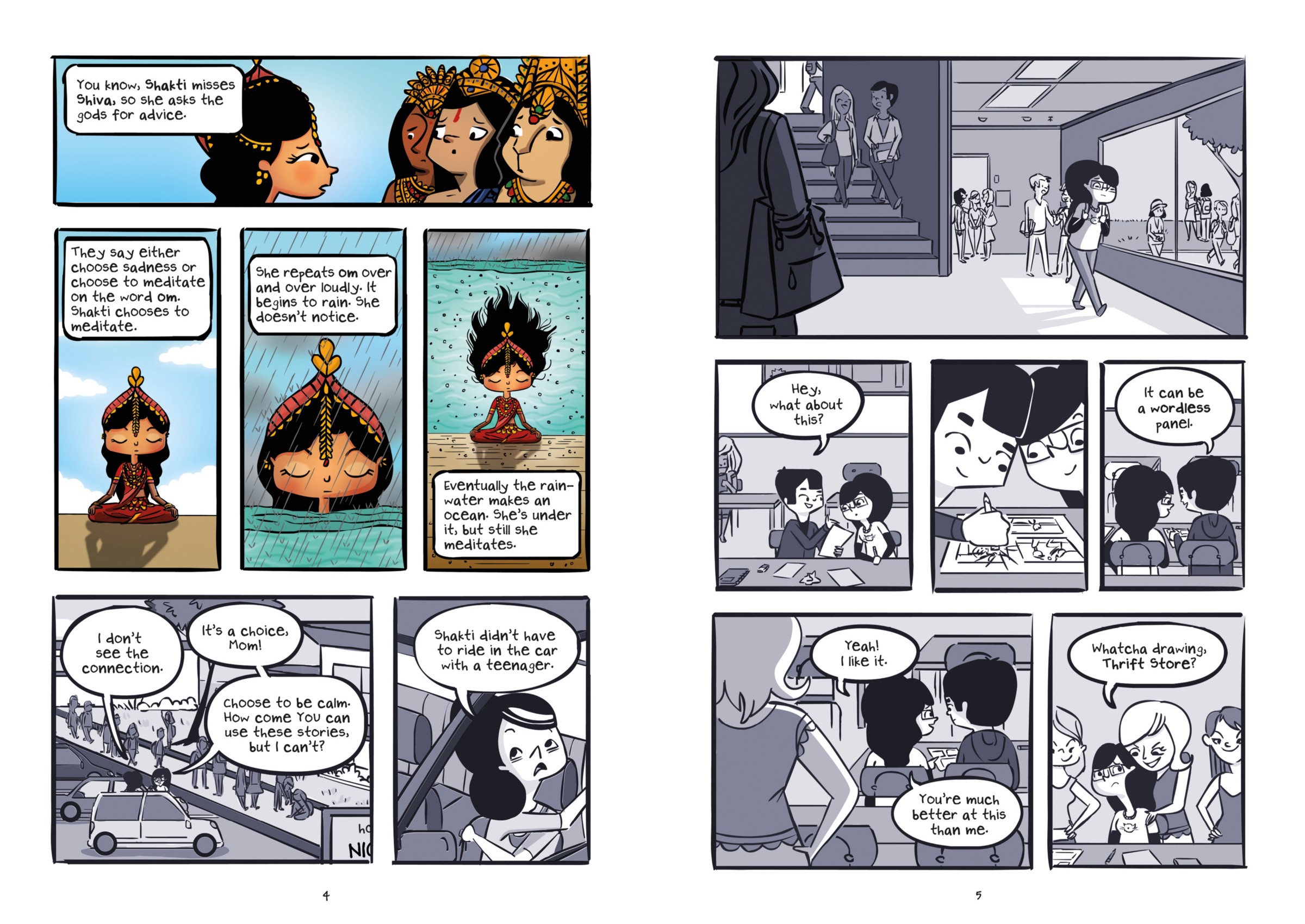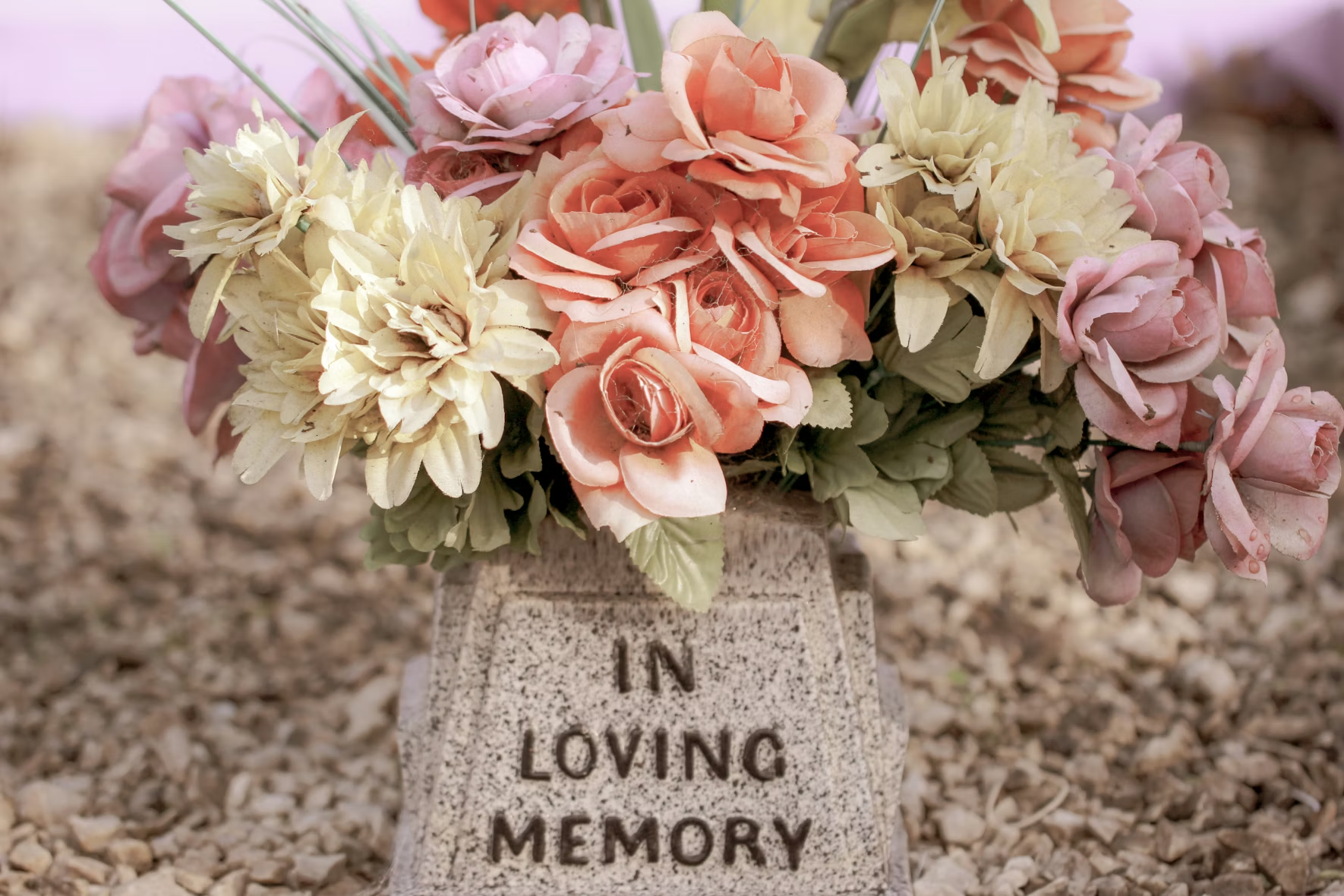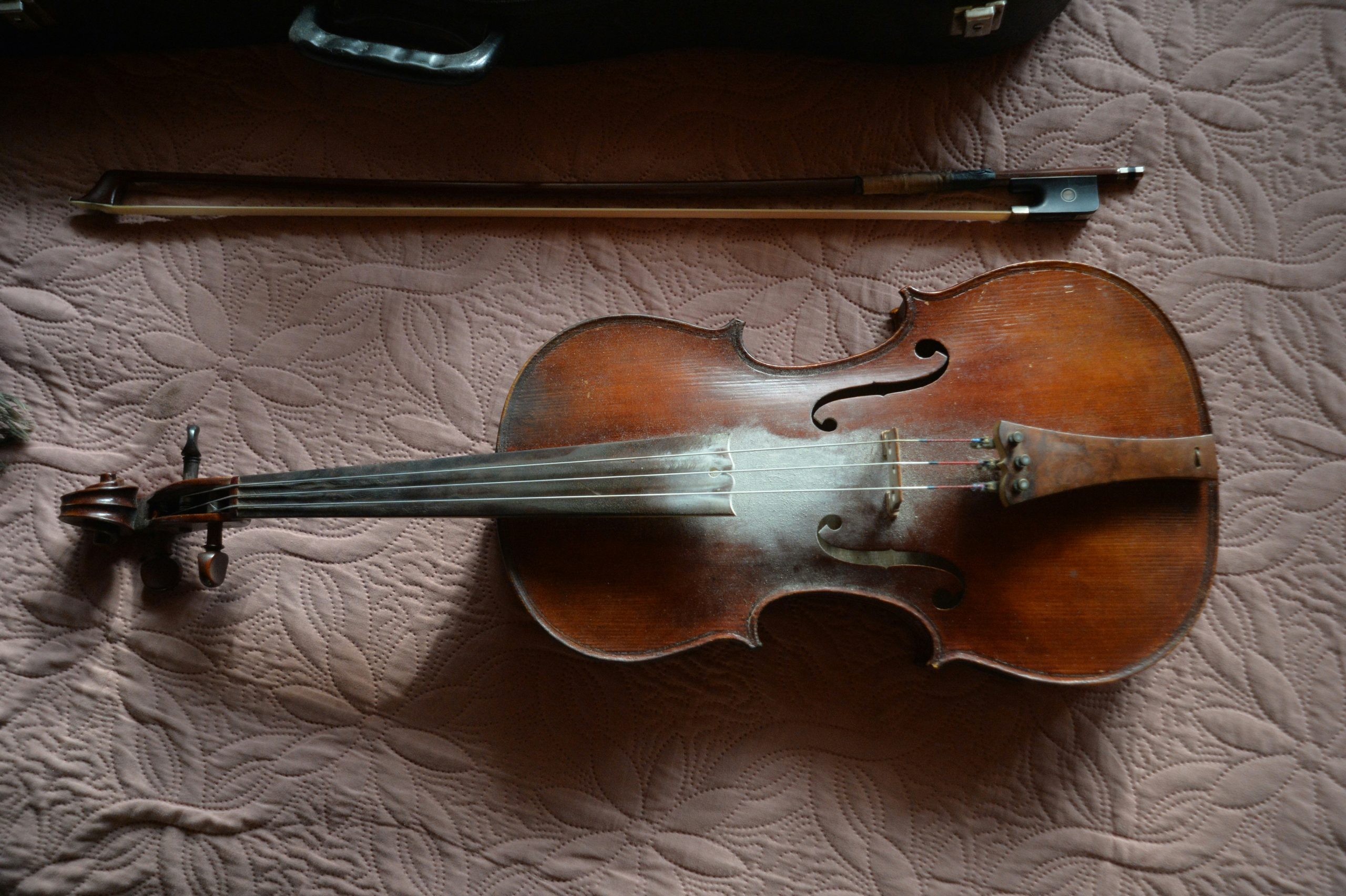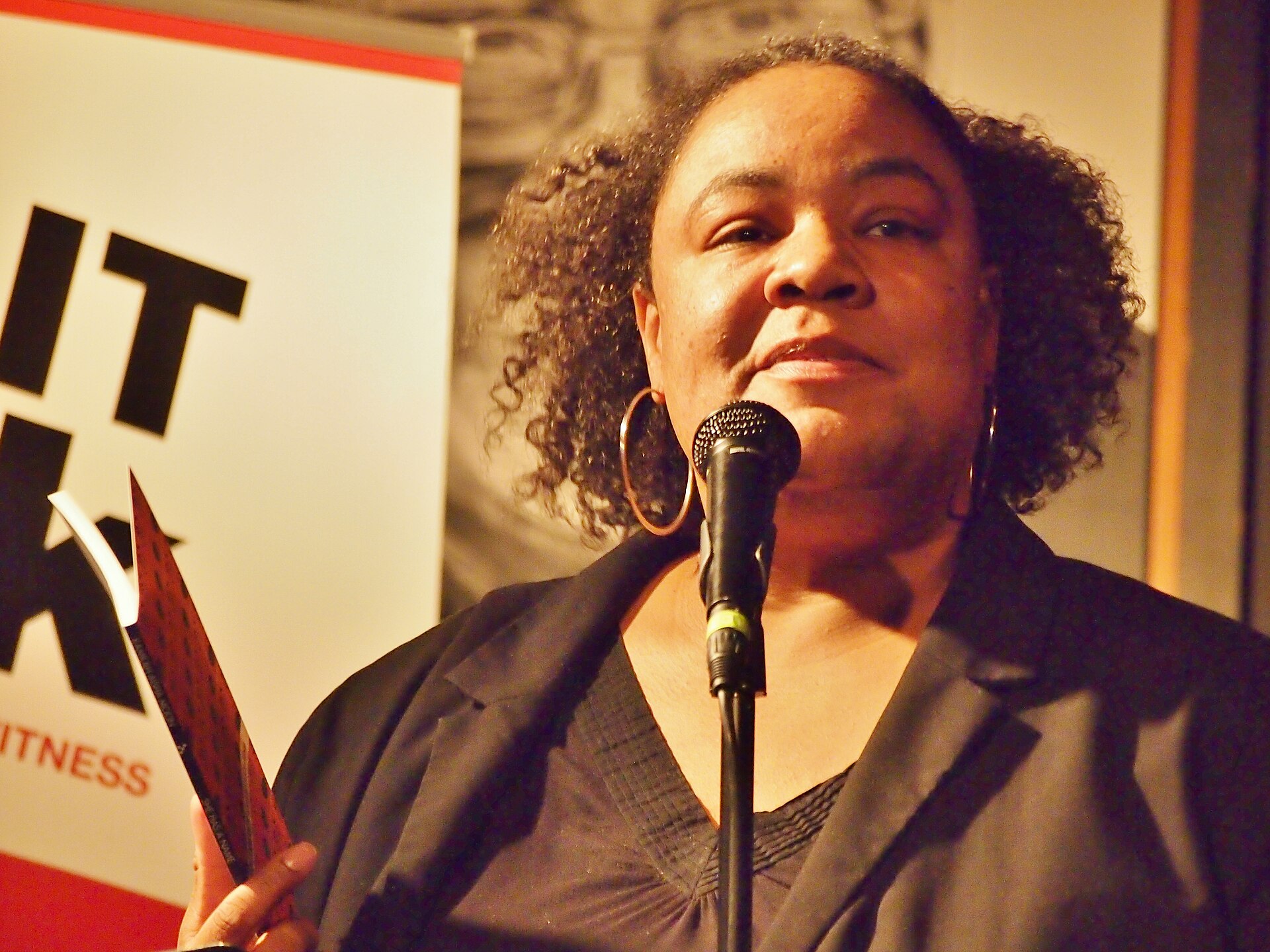Novel Gazing
Why I Can’t Stop Reading Self-Help Books
They offer the tantalizing promise that I could be a better person

Novel Gazing is Electric Literature’s personal essay series about the way reading shapes our lives. This time, we asked: What’s a book you read in secret?
When your seven-year relationship implodes in two weeks and you find yourself alone in your apartment with only the silent company of your ornery cat, you may find, like I did, that you begin to grasp in search of solid ground. I suddenly had time. I had space. I just didn’t know what to do with any of it. So I did what I always do when I feel untethered and unsure about something: I turned to books.
But not to novels of love come and gone. Not to collections of poignant essays or biographies of inspiring historical figures. Instead, I turned to that self-help genre known, with vague aspiration, as “personal development.”
Ten years ago, when I worked at a small bookstore in downtown Vancouver, I would look askance at people that came in and asked for these books. What happened in their life that led them to this moment? I thought as I guided them to the self-help section, speaking softly and smiling as if anything more would break them. I was a bratty early twenty-something fresh out of university with shaggy hair and an even shaggier beard, and the only books I wanted to read at the time were ones that were at least 400 pages and had been reviewed as “difficult, but rewarding.” Naturally, I read David Foster Wallace’s Infinite Jest. But The Power of Now? Don’t even.
I have learned to consume them in secret, in my own home, reading them the way you would eat a bag of M&M’s that you keep stashed behind the kale chips.
In the last three years, though, as my longest relationship crumbled and I approached and then crested the age of 30 having accomplished none of the things my teenage self thought I would have by this point (be a novelist! Visit Berlin!), I found myself addicted to personal development books, to the promise they held.
I have learned to consume them in secret, in my own home, reading them the way you would eat a bag of M&M’s that you keep stashed behind the kale chips. When I talked about these books with my friends it provoked a wide-eyed frozen smile that I imagine is only used when they are listening to someone explain why this new cult they joined is actually really good, just hear me out. I even use the self-checkout feature at the library lest I become the subject of pity and clicking tongues in the librarian break room. “Did you see the guy come in to check-out Daring Greatly: How the Courage to Be Vulnerable Transforms the Way We Live, Love, Parent, and Lead? Poor, poor sweet dear. More baby carrots, Agatha?”
But despite the overwhelming urge to hide the cover of whatever self-help book I’m reading with a well positioned thumb, I keep turning to them, again and again, because they make me feel hopeful. Reading personal development books gives me a feeling akin to the one I got when I started a new year of school. I would imagine all the ways I’d be a better person that year: more organized, funnier, happier. I would have more friends, be more popular, think more positively. Those hopes, of course, eventually melted away under the consistent dull hot light of everyday routine, but for a brief brilliant moment each year my life opened up with possibility. Now, it’s within the pages of these books that I place my tiny pathetic hopes.
I read The 7 Habits of Highly Effective People by Steven Covey and wrote a personal mission statement, promptly lost the piece of paper it was written on, and forgot all the habits except maybe one (something about goals being good, I think?). I read Better Than Before by Gretchen Ruben and vowed to get my life back on track through fostering good habits, but only managed to keep cracking my knuckles. I read The Highly Sensitive Person by Elaine Aron, which was really helpful in providing me a rationale for canceling plans with people to stay home and watch Netflix. “I’m highly sensitive,” I’d text. “It’s a medical thing.”
I am aware that the Personal Development Industrial Complex fuels and is fueled by a brand of late capitalism that pushes us to be more effective and better members of society, to acquire more stuff to simplify our lives: to produce, to consume, to aspire. Many of these books have the whiff of scam about them, of the snake oil salesmen: Just follow these seven steps! These ten principles! These three easy frameworks! They make it seem so easy with their anecdotes, self-deprecating tone, and strategies backed up by the occasional scientific paper to prove to you that this is, you know, science. I know all of this. I get it. Still, I can’t stop.
Because the point of reading personal development books is not to be a better person afterwards. The point is to thrill in the imagining, while you are reading the book, of the better person you could become. It’s not the outcome, but the act of reading that is the balm. This is why they can become such a compulsion — why the “saved for later” section of my online library profile is not the latest Booker Prize winner, but is instead filled with titles like How to Manage Yourself and The Power of Habit and Start with Why. I recently read an almost 300-page book about how to manage email so I can be more productive, and you know what? I enjoyed it.
The point of reading personal development books is not to be a better person afterwards. The point is to thrill in the imagining, while you are reading the book, of the better person you could become.
When I turn the pages of these book, studiously copying inspirational quotes into my notebook that I think may come in handy later (they won’t), I feel a blossoming warmth spread throughout my body. Everything becomes possible. I can conquer the drudgery of work, the intricacies of my relationship, my own anxieties and bad habits, my procrastination. No longer will I flop onto the couch when I get home to watch YouTube clips of Kristen Wiig impersonations or 25-minute compilations of Seinfeld bloopers. I will do things. I will be somebody.
But, like with any drug high, I’m eventually left feeling confused and deflated. Real life pulls itself back into focus, leaving whatever epiphanies I had blurred. What was that fourth habit again? Wait, how was I supposed to organize my email inbox for greater happiness? Never mind, here’s another book to read. It will be in this one that I find the perfect thing, the one that sticks, the one that works. The ultimate answer is always on the horizon, tantalizingly out of reach.








